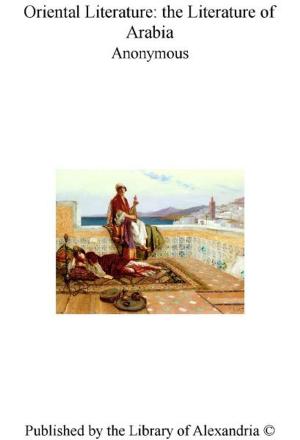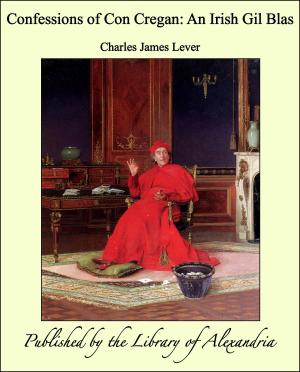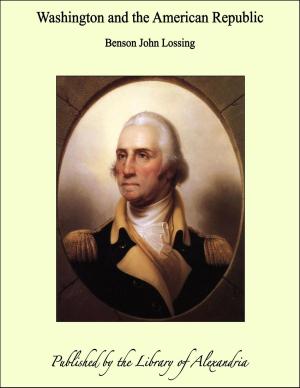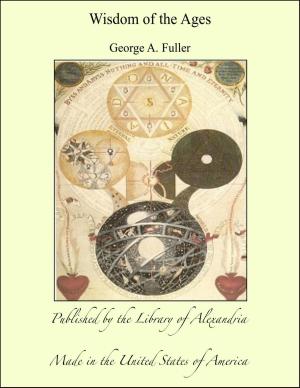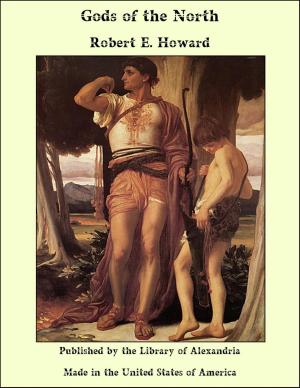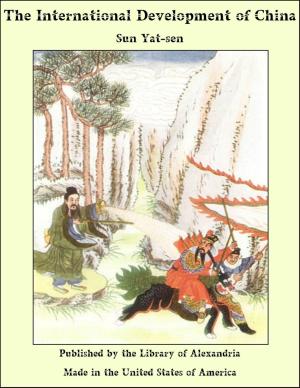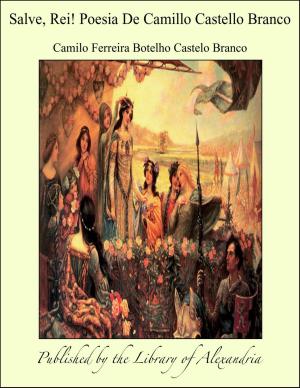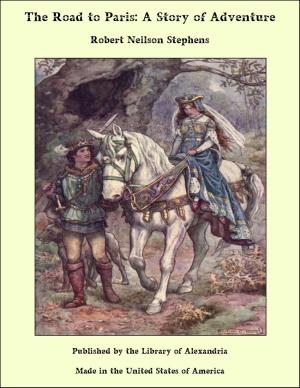Sir John Constantine: Memoirs of His Adventures At Home and Abroad and Particularly in the Island of Corsica Beginning with the Year 1756
Nonfiction, Religion & Spirituality, New Age, History, Fiction & Literature| Author: | Sir Arthur Thomas Quiller-Couch | ISBN: | 9781465594204 |
| Publisher: | Library of Alexandria | Publication: | March 8, 2015 |
| Imprint: | Language: | English |
| Author: | Sir Arthur Thomas Quiller-Couch |
| ISBN: | 9781465594204 |
| Publisher: | Library of Alexandria |
| Publication: | March 8, 2015 |
| Imprint: | |
| Language: | English |
The late ingenious Mr. Fett (whose acquaintance you will make in the following pages), having been commissioned by Mr. Dodsley, the publisher, to write a conspectus of the Present State of the Arts in Italy at two guineas the folio—a fair price for that class of work— had delivered close upon two hundred folios before Mr. Dodsley interposed, professing unbounded admiration of the work, its style, and matter, but desiring to know when he might expect the end: "For," said he, "I have other enterprises which will soon be demanding attention, and, as a business-man, I like to make my arrangements in good time." To this Mr. Fett replied, that he, for his part, being well content with the rate of remuneration, did not propose to end the work at all!—and, the agreement, having unaccountably failed to stipulate for any such thing as a conclusion, Mr. Dodsley had to compound for one at a crippling price. So this story had, in Browning's phrase, "grown old along with me," but for the forethought of Messrs. Smith, Elder and Co., in limiting its serial flow to twelve numbers of The Cornhill MagazineAs it is, I have added a few chapters; but a hundred and fifty episodes remain unwritten, with the courtships of Mr. Priske, and the funeral oration spoken by the Rev. Mr. Grylls over the cenotaph Of Sir John Constantine in Constantine Parish Church. These omissions, however, may be remedied if you will ask the publishers for another edition. Now, if it be objected against some of the adventures of Sir John Constantine that they are extravagant, or against some of his notions that they are fantastic, I answer that this book attempts to describe a man and not one of these calculable little super men who, of late, have been taking up so much more of your attention than they deserve. Students who engage in psychical research, as it is called, often confess themselves puzzled by the behaviour of ghosts, it appears to them wayward and trivial. How much more likely are ghosts to be puzzled by the actions of real men? And we are surely ghosts if we keep nothing of the blood which sent our fathers like schoolboys to the crusades.
The late ingenious Mr. Fett (whose acquaintance you will make in the following pages), having been commissioned by Mr. Dodsley, the publisher, to write a conspectus of the Present State of the Arts in Italy at two guineas the folio—a fair price for that class of work— had delivered close upon two hundred folios before Mr. Dodsley interposed, professing unbounded admiration of the work, its style, and matter, but desiring to know when he might expect the end: "For," said he, "I have other enterprises which will soon be demanding attention, and, as a business-man, I like to make my arrangements in good time." To this Mr. Fett replied, that he, for his part, being well content with the rate of remuneration, did not propose to end the work at all!—and, the agreement, having unaccountably failed to stipulate for any such thing as a conclusion, Mr. Dodsley had to compound for one at a crippling price. So this story had, in Browning's phrase, "grown old along with me," but for the forethought of Messrs. Smith, Elder and Co., in limiting its serial flow to twelve numbers of The Cornhill MagazineAs it is, I have added a few chapters; but a hundred and fifty episodes remain unwritten, with the courtships of Mr. Priske, and the funeral oration spoken by the Rev. Mr. Grylls over the cenotaph Of Sir John Constantine in Constantine Parish Church. These omissions, however, may be remedied if you will ask the publishers for another edition. Now, if it be objected against some of the adventures of Sir John Constantine that they are extravagant, or against some of his notions that they are fantastic, I answer that this book attempts to describe a man and not one of these calculable little super men who, of late, have been taking up so much more of your attention than they deserve. Students who engage in psychical research, as it is called, often confess themselves puzzled by the behaviour of ghosts, it appears to them wayward and trivial. How much more likely are ghosts to be puzzled by the actions of real men? And we are surely ghosts if we keep nothing of the blood which sent our fathers like schoolboys to the crusades.




